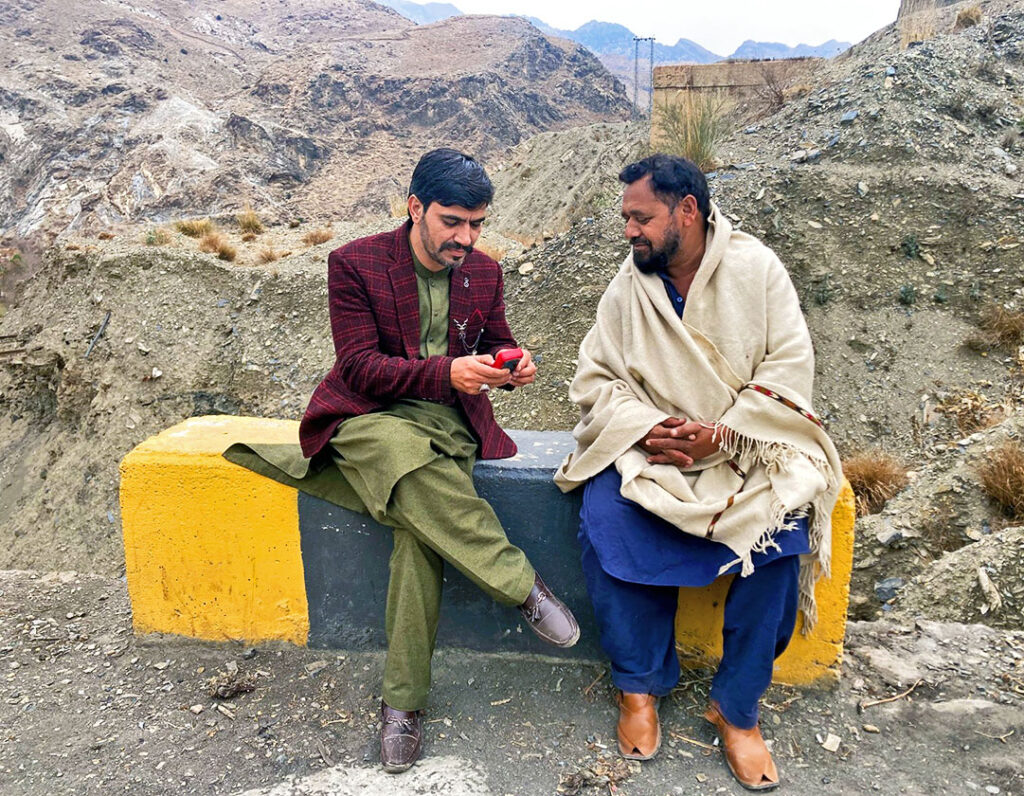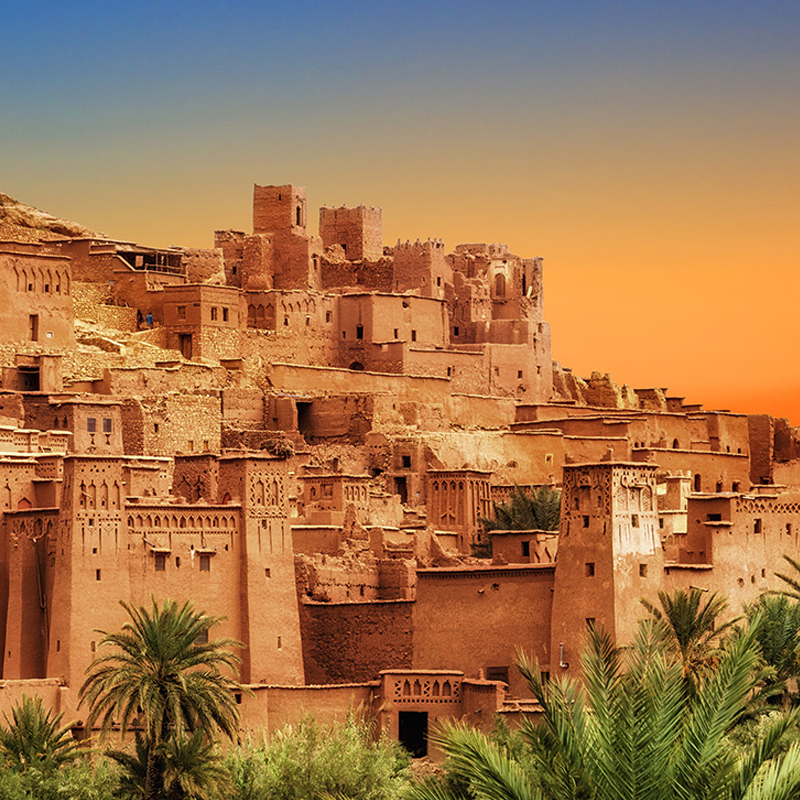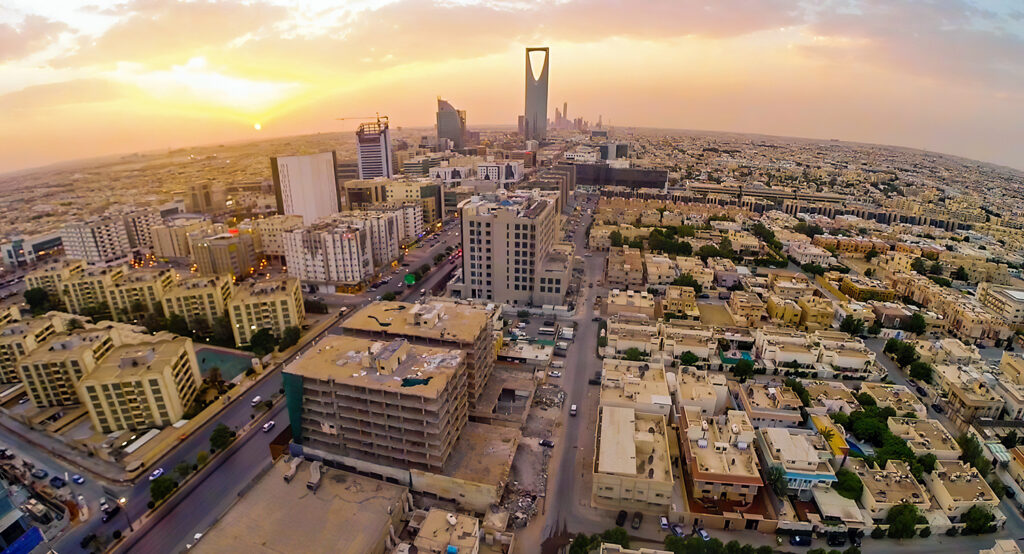
Where are FMI Partners Located?
Click Below to learn more about each country we partner with:

Afghanistan
The threads of the ancient Silk Road – trade routes linking Asia and Europe and dipping into Africa – wind their way
through Afghanistan due to its strategic location. At various times, the country has been ruled by many outside forces,
including the Persian Empire, Alexander the Great, the Mongols, the British Empire, and the Soviet Union. The country is now ruled by the Taliban, which was originally formed in the mid-1990s as resistance fighters who seek to severely
restrict foreign influence in the country and impose a very oppressive form of Islam on its population.
Yet just because a country’s government is closed to the gospel does not mean its people are closed to it. In fact, our
courageous disciple-making partners here often find very open hearts after the people learn about Jesus Christ and
liberating hope and forgiveness he brings. The Taliban has an active manhunt against Christians, so fellowships exercise
great creativity to operate underground. FMI’s Kerith Brook network of safe houses for persecuted Christians operates
here and discipleship training is provided.
Launch a partnership with an Afghan church planter:

Bangladesh
Home to the eighth-largest population on the planet, Bangladesh has the equivalent of nearly 50% of the US population crammed into a space the size of Iowa, making the population density as high as 87,000 people per square
mile in urban centers like the capital of Dhaka. Currently, the nation is governed by a caretaker administration, as deadly
protests in the summer of 2024 led to the exile of its prime minister and collapse of the government. The interim government suggests that new elections may occur in 2026, but the former prime minister’s political party is banned
from future elections as it is now deemed a terrorist organization.
Bangladesh is the world’s third-largest Muslim-majority nation, with more than 90% of the people following Islam.Less than 0.5% of its population is Christian. Other religious minorities include Hindus and Buddhists. FMI’s indigenous church planters come from many different tribes of the nation, which helps ensure that people from all religious
backgrounds can hear about Jesus.
Sponsor a Bangladeshi Church Planter

Indonesia
Indonesia is home to rainforests, terraced rice paddies, vast coral reefs, large urban areas, and a ring of active volcanoes which literally laid the groundwork for its more than 17,000 islands – of which about 6,000 are inhabited. More than 720 languages are spoken by its various indigenous tribes across this archipelago nation.
A former Dutch colony, Indonesia is now the world’s fourth-largest nation by population (right behind the USA), and is the largest Muslim-majority nation in the world. Evangelical Christians make up slightly more than 3% of the population. FMI’s church planting partners serve on three islands – Java, Kalimantan (Borneo), and Sumatra. Together, these three islands are home to more than 80% of the country’s population. Our leadership team has a vision to expand its ministry footprint to additional islands in the coming years.
Support an Indonesian Church Planter

Kenya & Horn of Africa
Sitting at the base of Muslim-dense nations which make up the ‘Horn of Africa,’ Kenya is a strategic lighthouse for the gospel across eastern Africa. In particular, some of our Kenyan partners have planted churches in Somali communities as well as have helped train indigenous pastors as far away as Malawi.
There are 42 linguistically distinct tribes across Kenya, some of which have only recently received the complete Bible in their own language for the first time. Many homes in the region where FMI’s partners serve have no access to electricity or running water, where conditions can best be described as “developing.” While Kenya is a predominantly
Christian nation (the Joshua Project notes that 45% of the population considers itself evangelical Christian), nominalism is rampant and cults operating under a banner of quasi-Christianity have had significant negative influence on society. Partners here have a strong emphasis on providing Bibles for evangelism and discipleship, so that communities can have a clearer understanding of authentic biblical truth.
Set up a monthly partnership with a Kenyan Church Planter

Morocco
Morocco was the first country to officially recognize the sovereignty of the newly formed United States of America
following its declared independence from Great Britain. Yet today, Morocco’s own citizens are not given the legal freedom of religious affiliation; by law, those born in this North African nation are automatically considered Muslim. For Moroccans, religion is more a matter of biology and national identity than it is of personal faith.
Morocco has the 10th-smallest evangelical Christian population by percentage of all the world’s nations. Despite their minority status and the great challenges they face, Christian church leaders here are robust in their testimony and vision for ministry across the whole nation and spanning Arabic-speaking North Africa. Social media has become a great tool for evangelism and discipleship.
Support a Moroccan Church Planter

Pakistan
Renowned for its natural beauty — from the Arabian Sea coast in the south to the Himalaya Mountains in the north,
Pakistan also has a profound dark side. For more than a decade, it has been one of the top ten countries in which
persecution and discrimination against Christians is most severe.
In this population which is about 97% Muslim, evangelicals make up less than 1% of the Pakistan’s citizens. Yet God’s Spirit knows no barriers, and many people are coming to saving faith in Christ through the ministry of our national partners who often maintain ministries in multiple cities and rural villages. Thousands of souls have placed their faith in Jesus Christ in the past few years through the testimony of our partners and scores of new churches have been planted. FMI also maintains the Kerith Brook network of safe houses in Pakistan for persecuted believers who have been abused and rejected by their families; these safe houses also do double-duty a gathering place for worship and discipleship training.
Fortify a Pakistani disciple-maker

Türkiye
Divided by the Bosporus Strait, Türkiye is a strategic gateway straddling two continents, with 15% of its population living on the European side of the country (which accounts for only a little more than 3% of the country’s land mass) and 85% living in the geographically larger Asian portion.
Even though the majority of the New Testament’s pages were originally written to believers who lived within the parameters of Türkiye’s current borders and many of the events detailed in the New Testament book of Acts occurred there, today it is considered the world’s largest nation unreached with the gospel. According to the Joshua Project, more than 99% of the population live in its unreached people groups. Among the country’s 86 million people, there are only about 200 Protestant congregations, and most of those are small and scattered. In addition to their role as church planters, most of FMI’s partners in the country also serve in parachurch ministries – from Christian publishing and internet radio to summertime youth camps and evangelism and discipleship in the Turkish prison system.
Launch a partnership with a Türkish Church Planter

Expansion to New Fields
With a model for ministry that’s adaptable to cultures around the world, FMI seeks to expand its partnership footprint in two ways. The first way is to increase the number of supported church planters in existing countries where FMI has established partnerships. The second way is to increase the number of countries where we will develop partnerships.
For the past few years, our staff has been exploring ministry opportunities inside the Arabian Peninsula – the very birthplace of Islam. Donations to our New Fields account empower FMI to cultivate ministry relationships here and identify qualified individuals who can form a national leadership team to fortify local church planters.
